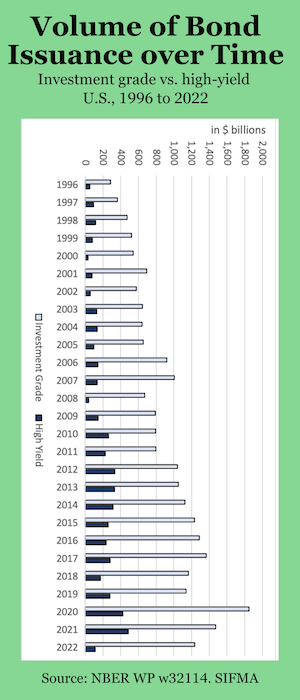It could be a preview of the potential battle in the U.S. between taxpayers and the schoolteachers and policemen who receive public-sector pension recipients. But the British are so much more eloquent.
A leader of Unite, Britain’s largest union, has attacked the UK government, the media, the private sector and so-called pensions experts for “acting like a lynch mob” on the issue of public sector pension reform, according to a report in Investments & Pensions Europe.
The union argued this “coalition of vested interests” had created a “climate of hysteria” in order to “manipulate the facts.”
Derek Simpson, joint general secretary at Unite, said: “This unholy alliance, embracing Confederation of British Industry leaders and deputy prime minister Nick Clegg, already have good pension nest eggs, which the average private and public sector employees can only dream about.”
He claimed the “vested interests” had already come to the conclusion that public sector pensions should be cut, notwithstanding ongoing consultation on the issue.
The Hutton commission – headed by former Labour cabinet minister John Hutton – is due to make an interim report on public sector pensions in September, submitting full proposals in time for the 2011 Budget.
Simpson questioned the independence of the commission and its ability to resist lobbyists wishing to “drastically erode the modest pensions of millions of public sector workers.”
He added that the Trades Union Congress last year estimated the majority of public sector pensioners receive a pension of less than £5,000 ($8,000) a year, and that half the women on NHS pensions receive less than £3,500 ($5,600) a year.
“We are not talking about great riches here,” he said.


